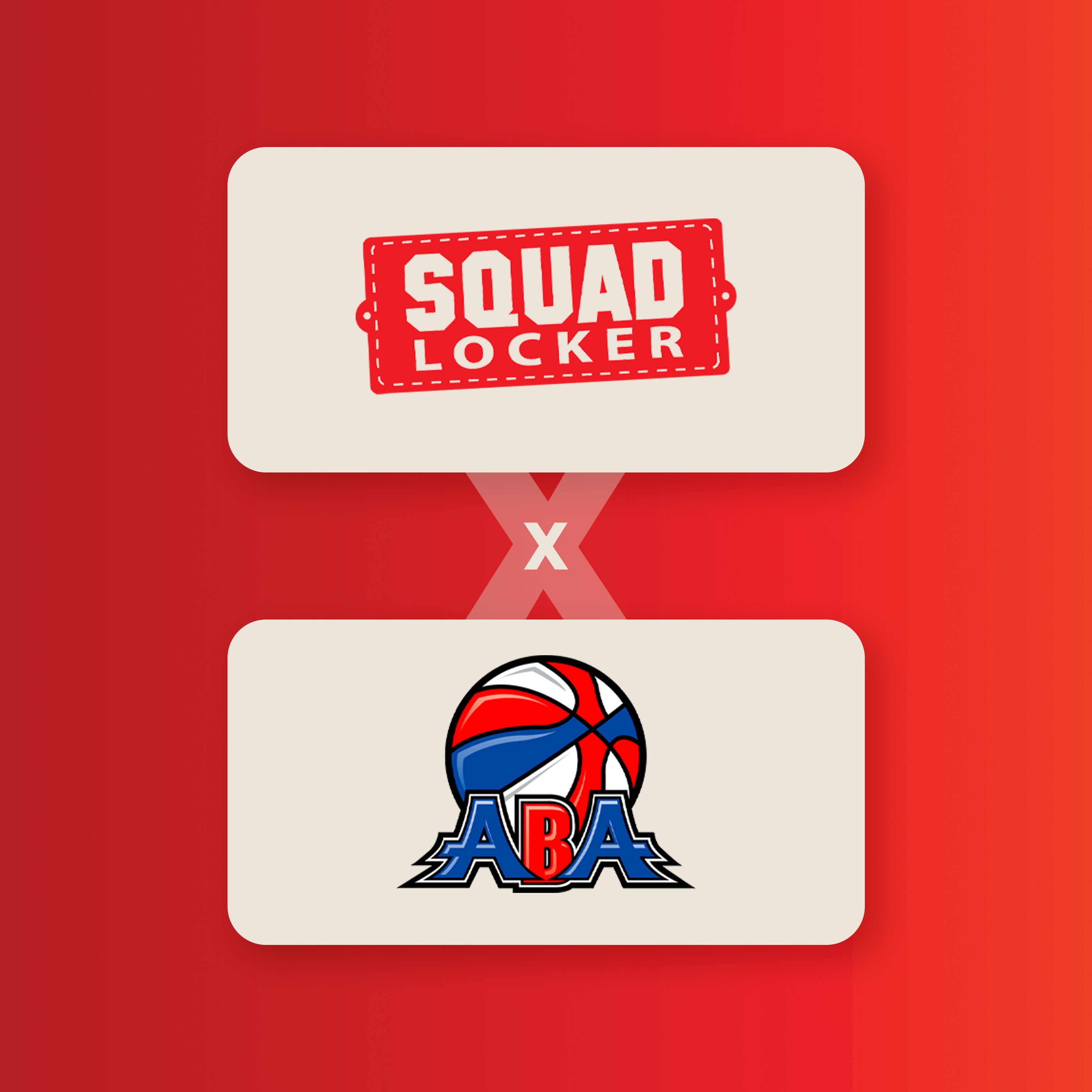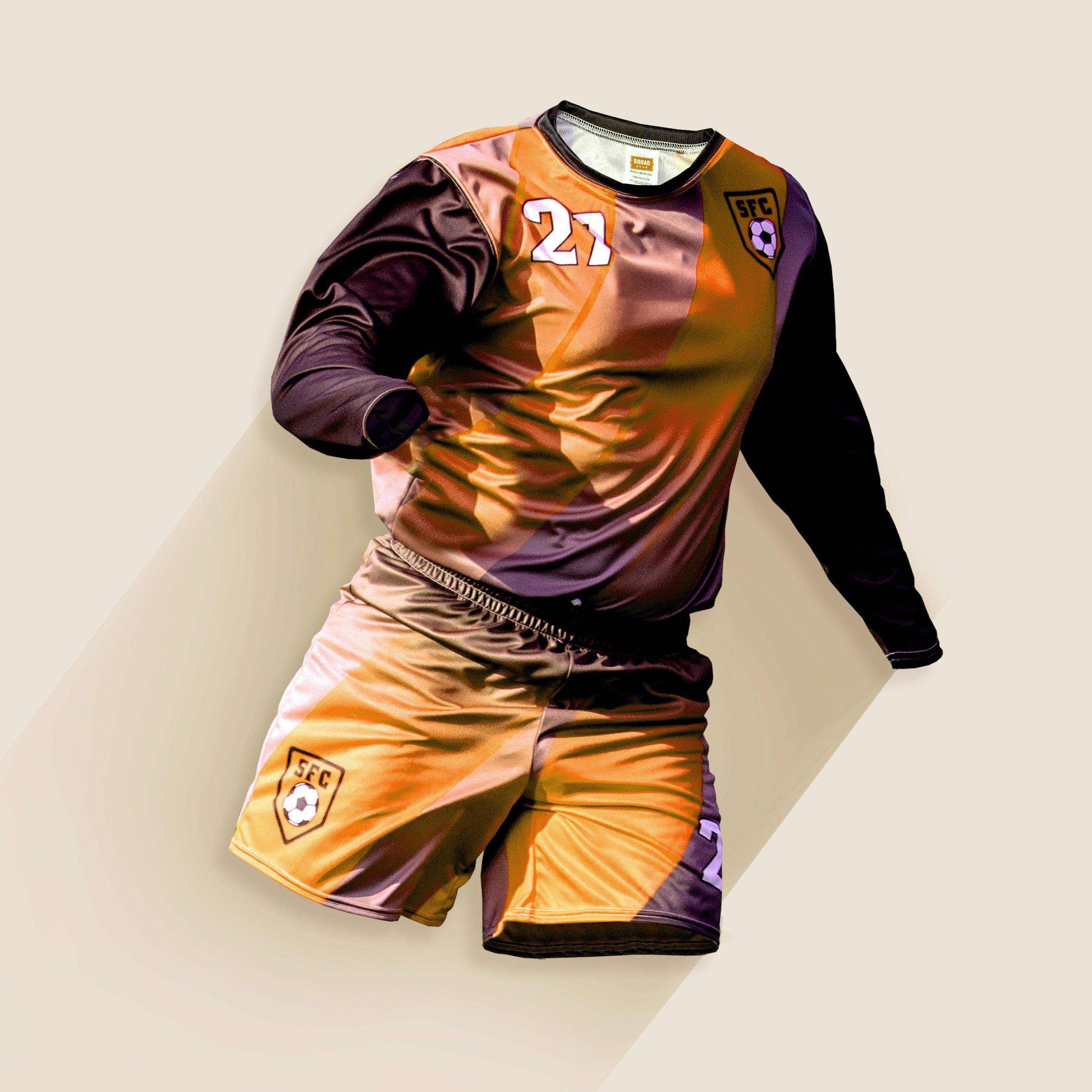Our youth have lost so much social interaction throughout the pandemic, especially kids who have missed out on playing their beloved team sports. One way coaches can help young athletes resume meaningful relationships is through peer-to-peer mentorships.
Normally, peer-to-peer mentoring is something a coach would introduce to expand learning opportunities for players during official practices – mentors serve as extensions of the coach in some ways, helping younger or newer players improve basic physical and mental game skills.
But as we all know, there is no normal now.
Mentoring in the post-pandemic
The COVID situation differs from one community to the next, so youth leagues and coaches are having to work out for themselves how to reconnect kids with some level of practice or play. Ah, but coaches and athletes are nothing if not creative! Adaptability is critical to winning.
So what if your practice and competition schedule is still in flux! You can still create a winning peer-to-peer mentoring program tailored to your own situation. While some of these programs are highly structured, peer-to-peer mentoring can be just as successful when it’s more informal.
While peer-to-peer mentoring usually takes during practices, mentors can work with their mentees digitally, too. And to achieve that so-important personal one-on-one time, social distancing is easy when you’re working on game skills, reviewing videos to analyze play/strategy details or just talking about life.
What is a peer mentor?
Peer mentors are not intended to replace parents or coaches as adult influencers in a child’s life. Peer mentors are not super-heroes. Instead, their role is one of:
- Teacher
- Role model
- Friend
- Advisor
- Listener
Peer mentors are always positive, demonstrating how to do things, demonstrating by example how to act, praising every good effort and offering constructive tips for improvement, never hurtful criticism.
Let’s look at all the benefits kids can get from peer-to-peer mentoring (there are a lot of them).
Mentees gain more than improved sports skills
Kids on the receiving end can:
- Develop stronger skills
- Practice plays
- Learn more about game strategy
- Boost self-confidence
- Improve social skills
- Improve attitude and lifestyle choices
- Make new friends – perhaps a mentor for life.
- Learn that asking for help is a strength, not a weakness
Youth mentors benefit, too
Some youth become mentors because they’re contemplating becoming a coach. Others just want to do the right thing by helping a younger aspiring athlete get closer to their goal. Either way, mentoring offers life-long lessons in:
- Patience
- Empathy
- Leadership
- Reasoning and organizational skills
- Self-esteem
The key to success is the match-ups
Coaches know their players well. A good candidate to serve as peer mentor and mentee should meet certain criteria.
What to look for in a good youth mentor:
- Solid skills and understanding of the nuances of the game
- Infectious enthusiasm for the sport
- Enough maturity to handle the mentorship appropriately
- Personal resilience
- Good eye for skills that need improvement, but more importantly, willingness to ask the mentee what they want help with
- Self-management, including avoiding high-risk behaviors in everyday life
- Close in age – generally, about two years apart, though high school players can also be recruited to work with younger kids
To ensure success, good candidates to become mentees should be enthusiastic about improving.
What to look for in a good youth mentee:
- Willingness to ask for help
- Be open to new approaches to a move or a play
- Listen and positively accept feedback
- Put out 100% effort
- Think about how their own improvement will help improve team play
Matching personalities or like interests will get the pairing off to a good start!
What do you hope to accomplish?
Whether you create a peer-to-peer mentorship program that is highly structured or more informal, the goals will depend on the team’s make-up and needs and your coaching style. With those things in mind, coaches must clearly explain to mentors and mentees what is expected of them, and also what is outside the boundaries of mentorship (disciplining a mentee, for example).
Then get ready to rock ‘n roll with your program. And get ready to see players that have better communication skills, greater empathy for one another, who are more overtly encouraging of one another, can manage and resolve conflicts better and have all-around stronger relationships on and off the field.
Share this Story











